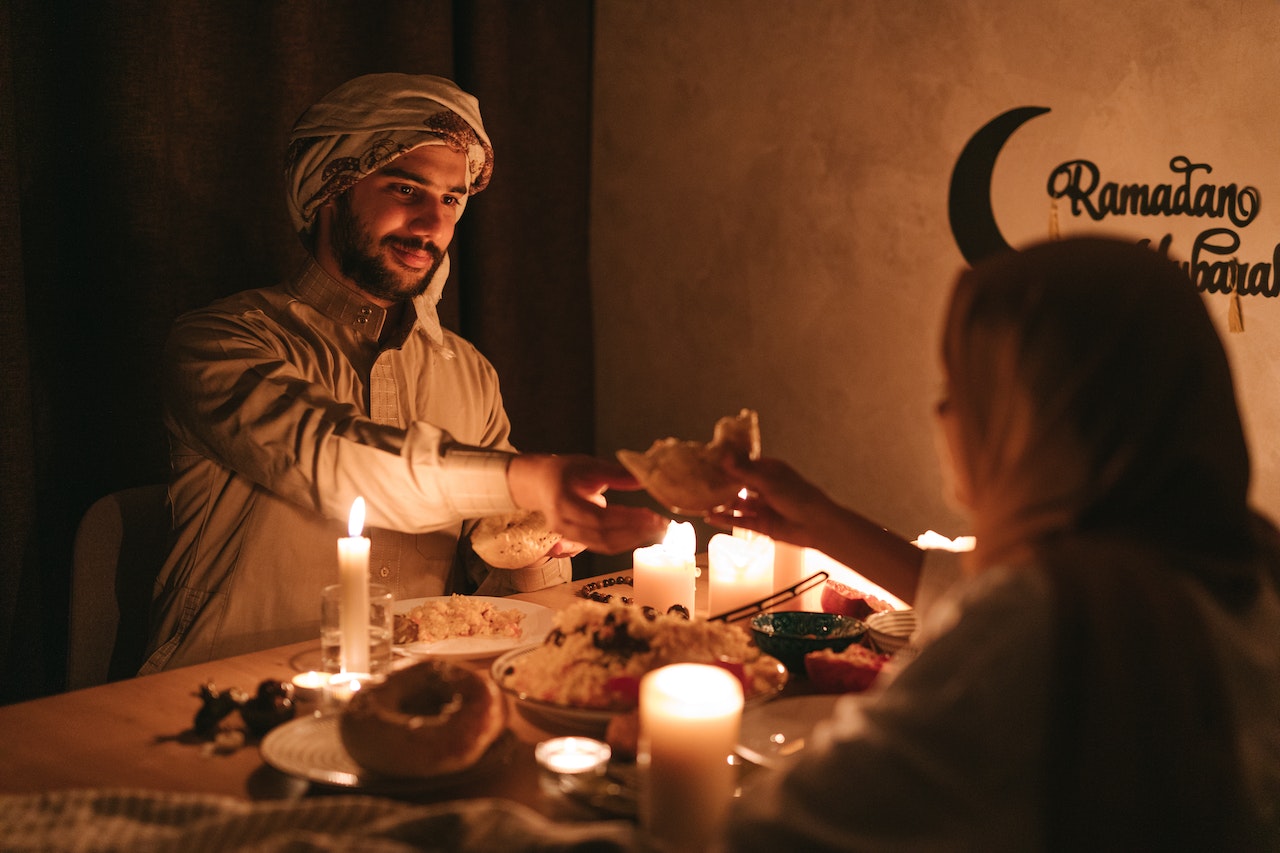Ramadan is a time for devotion and spiritual reflection for Muslims worldwide. Fasting is one of the five pillars of Islam, requiring Muslims to abstain from eating and drinking from sunrise to sunset. Fasting may be challenging, especially during hot and humid days, but it is also an excellent opportunity to learn empathy for the less fortunate and develop self-discipline simultaneously. While fasting, it is crucial to understand what Muslims can have since there is a lot of confusion about it.
Importance of Understanding What Can be Consumed While Fasting
The only way any Muslims can easily fast is by knowing what they are getting into. For instance, if a believing Muslim does not know what can be consumed while fasting, chances are he/she is bound to make a mistake without knowing about it. Taking this example into consideration, and for several other reasons, Muslims must educate themselves regarding the requirements that must be met to fast and please Allah (SWT).
Rules and Guidelines of Fasting in Ramadan – Food & Drink
It is important to note that when it comes to consuming foods or drinks, that is simply out of the question while fasting during Ramadan. The idea behind fasting during Ramadan is to empathize with the less fortunate, specifically those without food or water. Apart from learning empathy, Muslims understand how fortunate they are for all the blessings they possess, thanks to Allah (SWT).
When it comes to the rules and regulations of fasting in Ramadan, they are relatively simple.
- Muslims fast from dawn to sunset.
- Muslims should wake up before dawn for a pre-fasting meal, known as Suhoor.
- Muslims should finish their Suhoor 10-15 minutes before Fajr.
- When the sun sets at Maghrib, Muslims must break their fast as soon as possible. The meal that concludes the fast is known as Iftar.
- Muslims should consume water and dates, after which they can have a proper meal. Muslims are urged to break their fast with water and dates to prevent discomfort or indigestion.
It is worth noting those unable to fast due to health concerns or other valid reasons are exempted from this obligation. However, those individuals must make up for the missed days later or pay a Fidyah. Fidyah is the amount of money paid to feed a needy person for every day of fasting that is missed.
Final Thoughts
Simply put, Muslims cannot consume any food or water while fasting. While Muslims might clearly understand refraining from food and drink while fasting, they need to understand it is much more than that. If a Muslim does not feel for the needy or are not grateful to God for all their blessings, they are missing out on the core message of Ramadan. Ramadan is about connecting with God and being more charitable by understanding the hardships of the less fortunate, without which any fast is incomplete.


Very very beautiful and good message love it
Can you brush in the day while fasting
Yes. Brushing is Sunnah in Islam especially during the time of prayers. It does not affect one’s fast.
If some one is fasting is it allowed to use the swimming pool if necessary
Yes you can only if you don’t swallow it
Yes you can.
Yes this is permissible … as long as it is necessary.
You can use the Miswak (twig) not the Synthetic brush and toothpaste.
I thought it’s makrooh to brush while fasting?
Yes
Mashallah I have really learn a lot from this app
Yes you can as long as you don’t swallow the toothpaste
Thanks so much for teaching us, i really appreciate 🙏
Thank you very much for the details and clarification .For me is very helpfull I am not of the Muslim religion, but I find peace, understanding and, above all, answers and guidance .
Yes you can brush so long you don’t swallow take care
I always read quran on it
Allhamdulila very Brigitte massage
masha Allah 🥰
Mash a all ah this is such a amazing app
i love this app because it is the best quran app that helps me learn about my culture and memorize quran.
MaashaAllah very helpful and educative
Very educational may Allah richly bless you.
But the caption made me think that the topic was going to be about diet.
But also what if the person can not fast and is also young?
How can he/she pay fidya?
Alhamdu lillah ala kullihalin
Masha Allah
All thanks goes to Almighty Allah.🙏🤲
Mashalla I learnt so so so much from this app
May Allah bless you